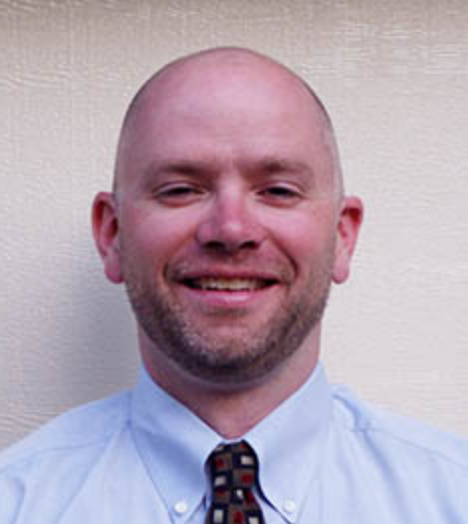WCER’s Brad Carl Quoted in WPR Article on School Calendar Change in La Crosse
March 29, 2023 | By WCER Communications

Brad Carl
Brad Carl, a scientist and co-director/founder of WCER’s Wisconsin Evaluation Collaborative, was quoted recently in a Wisconsin Public Radio story about year-round school calendars.
The March 10 story, titled “‘A break from the monotony’: Some La Crosse parents upset by end of year-round calendar at elementary school,” focused on the School District of La Crosse’s decision to end year-round attendance at Hamilton Elementary, where that schedule has been followed for almost 10 years.
Though the year-round calendar was begun with the hope that more school days throughout the year would prevent the “summer slide” –learning loss during summer vacation–this turned out not to be the case, district officials said. Student behavior did not improve either.
Other problems with the calendar included that many Hamilton families were arriving renters who didn’t always realize school started in July, leading to missed school for their students, while 68 percent of students overall within the school’s boundaries were choosing to attend a different school.
In the article, Carl noted year-round school was not common in Wisconsin, with the model more popular in states like California, where student enrollment often exceeds available space. Research on the year-round calendar is also a mixed bag, Carl said.
“There is a temptation to think that more is better,” he said. “And that makes sense at one level, particularly in the case of kids who are a little behind academically. But I think the research is–unfortunately, but maybe not surprisingly– … not a slam dunk that more necessarily is better. It’s how the time is organized.”
Carl also said he wasn’t surprised some parents aren’t happy about the calendar changing at Hamilton.
“Once schedules and routines are established, it is disruptive and typically very unpopular when those get changed, because for better or worse, people have built routines and plans,” he said.
Case in point is the 9-month school calendar, Carl said, noting it was created for an agrarian lifestyle that most families haven’t participated in for a long time. But summer break has been around for so long that it is now routine for families and staff, he said.


